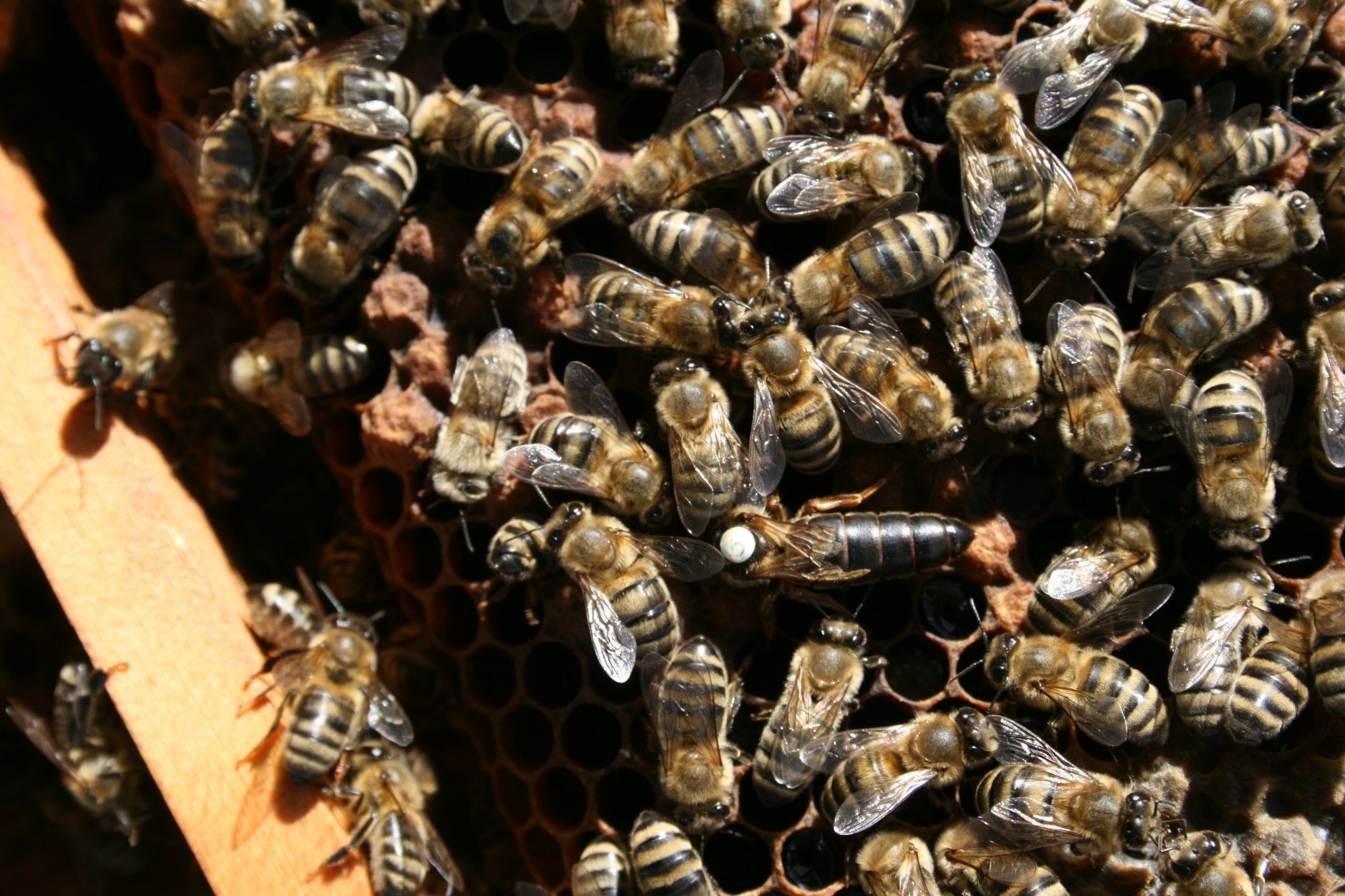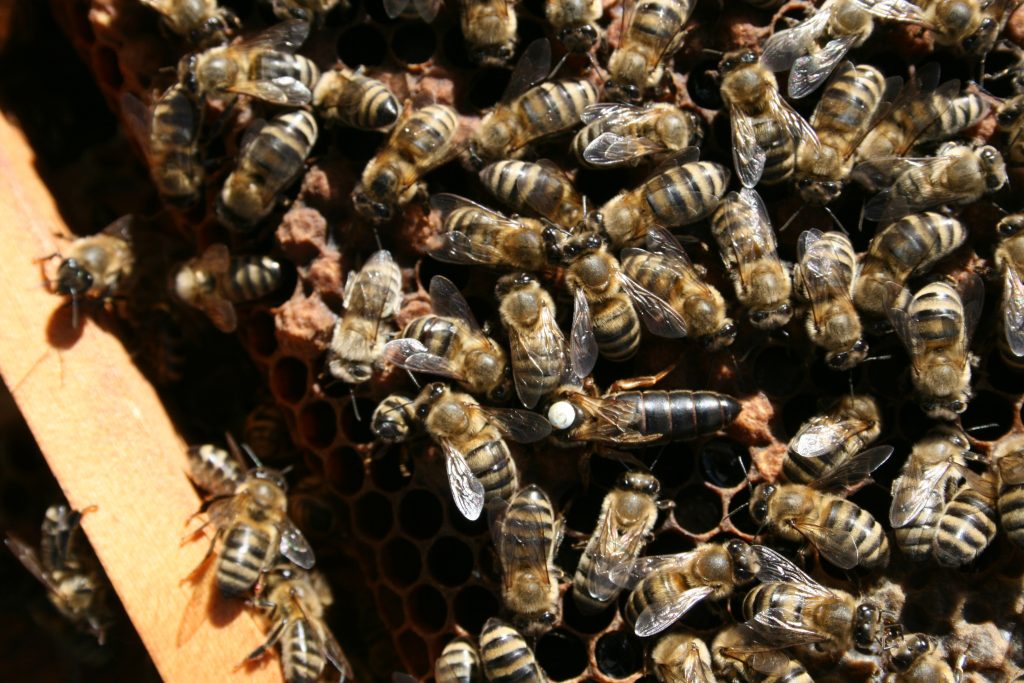Supported by AgriFutures Australia through funding from the Australian Government Department of Agriculture, Water and the Environment’s Rural R&D for Profit program, the project Plan Bee (Honey bee genetic improvement program) is a collaboration between nine different stakeholder groups across Australia – from researchers, to queen bee breeders to farmers.
AgriFutures Australia Project Manager, Paul Blackshaw said with the pollination of crops by honey bees and production of honey worth more than $14 billion in annual economic value to Australia, it makes sense to invest in honey bee genetics.
“Honey bee genetics contribute to improvements in farm productivity and ultimately underpins a secure food industry for all Australians, so the importance of the research really can’t be overstated,” Mr Blackshaw said.
NSW Department of Primary Industries research partner Liz Frost said the need to protect Australia’s key breeding stock was further highlighted during the 2019/2020 bushfires.
“Australia currently relies on a relatively small pool of queen bee breeders, so with many breeders affected by drought and bushfires over the past 12 months access to valuable breeding stock to wider industry has been limited,” Ms Frost said.
“Further to that, there’s currently no formal database to then be able to rebuild a breeding program, so one of the key aspects of this project is to build a national database to hold all the honey bee genetic trait data that’s collected over the life of this research program,” she said.
“With livestock like dairy cattle you can breed for milk production and other specific traits, and for this industry, we’d be looking at identifying traits related to pollination, health and honey production as those are mutually beneficial attributes for both beekeepers and farmers.”
The work is a first for the Australian bee industry, and will also include estimated breeding values for honey bees, and develop and implement standardised selection methods that beekeepers can use to assess honey production, pollination, and health traits.
Researcher Dr Nadine Chapman from University of Sydney said the project has the capacity to revolutionise the queen breeding industry, with significant flow on affects to pollination services.











